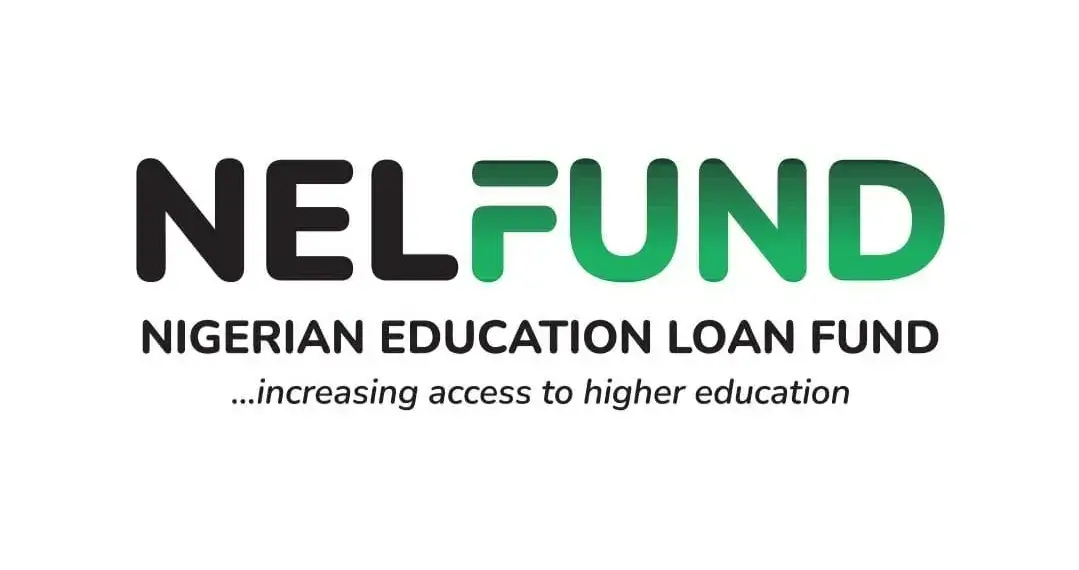NELFUND’s Commitment to Inclusive Higher Education

The Nigerian Education Loan Fund (NELFUND) is making significant strides toward ensuring accessibility in higher education, particularly for students with disabilities. As part of its ongoing student loan initiative, NELFUND has unveiled plans to develop and deploy specialized software designed to facilitate seamless loan applications for visually impaired students and others with disabilities.
This initiative aligns with the NELFUND Act, which guarantees equal opportunities for all students, regardless of physical or financial limitations. By collaborating with the National Commission for Persons with Disabilities (NCPWD), NELFUND is working to remove barriers that have historically hindered students with disabilities from accessing higher education funding.
Specialized Software for Visually Impaired Students

One of the major innovations under this plan is the introduction of assistive software that enables visually impaired students to apply for loans without needing external help. This software is expected to incorporate screen readers, voice commands, and other accessibility features that make digital platforms more navigable for users with visual impairments.
By leveraging artificial intelligence (AI) and machine learning, NELFUND aims to develop a highly intuitive system that caters to various disability needs. The goal is to ensure that all students, regardless of their physical abilities, can independently complete their loan applications with minimal effort.
Key Features of NELFUND’s Accessibility Software
The proposed software will integrate several advanced features designed to assist students with disabilities, including:
- Voice Recognition Technology – Students can navigate and fill out loan application forms using voice commands, eliminating the need for manual input.
- Screen Readers and Text-to-Speech Features – Essential for visually impaired users, these tools will enable students to hear text read aloud, allowing them to understand and respond accurately.
- Keyboard Navigation and Braille Support – This feature ensures that students who rely on Braille keyboards can efficiently interact with the software.
- AI-Powered Chatbots – Providing real-time assistance, chatbots will help students address concerns and troubleshoot any issues encountered during the application process.
- Multi-Language Support – Considering Nigeria’s linguistic diversity, the software will include translations in major languages to ensure ease of access for all applicants.
Collaboration with the National Commission for Persons with Disabilities
To ensure the effectiveness of this initiative, NELFUND is partnering with the National Commission for Persons with Disabilities (NCPWD). This collaboration aims to:
Also Read: How to Correct Mistakes in Your NELFUND Loan Application: A Step-by-Step Guide
- Identify and address the specific needs of disabled students.
- Provide recommendations on software features that align with global accessibility standards.
- Train students and institutional stakeholders on how to use the software effectively.
- Advocate for policies that promote digital accessibility across higher education institutions.
Addressing Barriers to Higher Education Funding for Students with Disabilities
Historically, students with disabilities in Nigeria have faced significant challenges in accessing educational funding due to a lack of inclusive digital infrastructure. Many loan application portals were not optimized for accessibility, forcing visually impaired students to depend on others for assistance. This situation often led to errors in applications and delays in funding.
With NELFUND’s new initiative, such challenges will be addressed, ensuring:
- Autonomy – Students can independently complete loan applications without external assistance.
- Accuracy – The software’s AI-powered tools will minimize errors in application forms.
- Speed – By simplifying the loan application process, students can receive funding approvals faster.
The Impact on Higher Education and Financial Inclusion
The implementation of this software will have far-reaching effects on Nigeria’s education sector. Some key benefits include:
Increased Enrollment of Students with Disabilities
By removing financial and accessibility barriers, NELFUND’s initiative will encourage more students with disabilities to enroll in higher education institutions. This aligns with global efforts to promote inclusive education and equal opportunities for all.
Enhanced Financial Inclusion
NELFUND has already disbursed over N10 billion, benefiting 88,623 students across 257 tertiary institutions, including 112 public universities, 71 polytechnics, and 74 colleges. With the introduction of assistive software, an even greater number of students with disabilities will be able to access funding, reducing financial inequality in education.
Technological Advancement in Nigeria’s Education Sector
This initiative marks a significant step toward integrating advanced technology into Nigeria’s higher education funding system. By incorporating AI, voice recognition, and screen readers, NELFUND is setting a new standard for accessibility in digital platforms.
Addressing the Gender Gap in Education
Apart from assisting students with disabilities, NELFUND is also committed to addressing barriers to girl-child education. Many young women in Nigeria face socio-economic challenges that hinder their access to higher education. The loan scheme is designed to provide financial assistance to female students, ensuring that they can pursue their academic aspirations without financial constraints.
The Future of NELFUND’s Accessibility Programs
While the current focus is on developing assistive software for visually impaired students, NELFUND has expressed interest in expanding its accessibility programs in the future. Potential developments may include:
- Sign Language Interpreters for Deaf Students – Digital interpreters could be integrated into the platform to assist hearing-impaired students.
- Physical Accessibility Enhancements – Future collaborations may involve upgrading school infrastructures to accommodate students with mobility impairments.
- Scholarship Opportunities for Students with Disabilities – In addition to loans, NELFUND may introduce grants or scholarships tailored to students with disabilities.
Final Thoughts
NELFUND’s plan to implement assistive software for students with disabilities is a groundbreaking initiative that will redefine accessibility in Nigeria’s higher education sector. By integrating AI-driven tools, voice recognition, and screen readers, the software will provide an inclusive digital platform that ensures all students can independently apply for loans.
With collaborations between NELFUND, NCPWD, and other educational institutions, the goal of equal educational opportunities for all students—regardless of disabilities—will soon become a reality. This initiative not only bridges the digital accessibility gap but also promotes financial inclusion, making higher education more accessible to thousands of students nationwide.
As the rollout progresses, it is expected that more innovative solutions will be introduced to further enhance accessibility, creating a more inclusive educational landscape in Nigeria.

